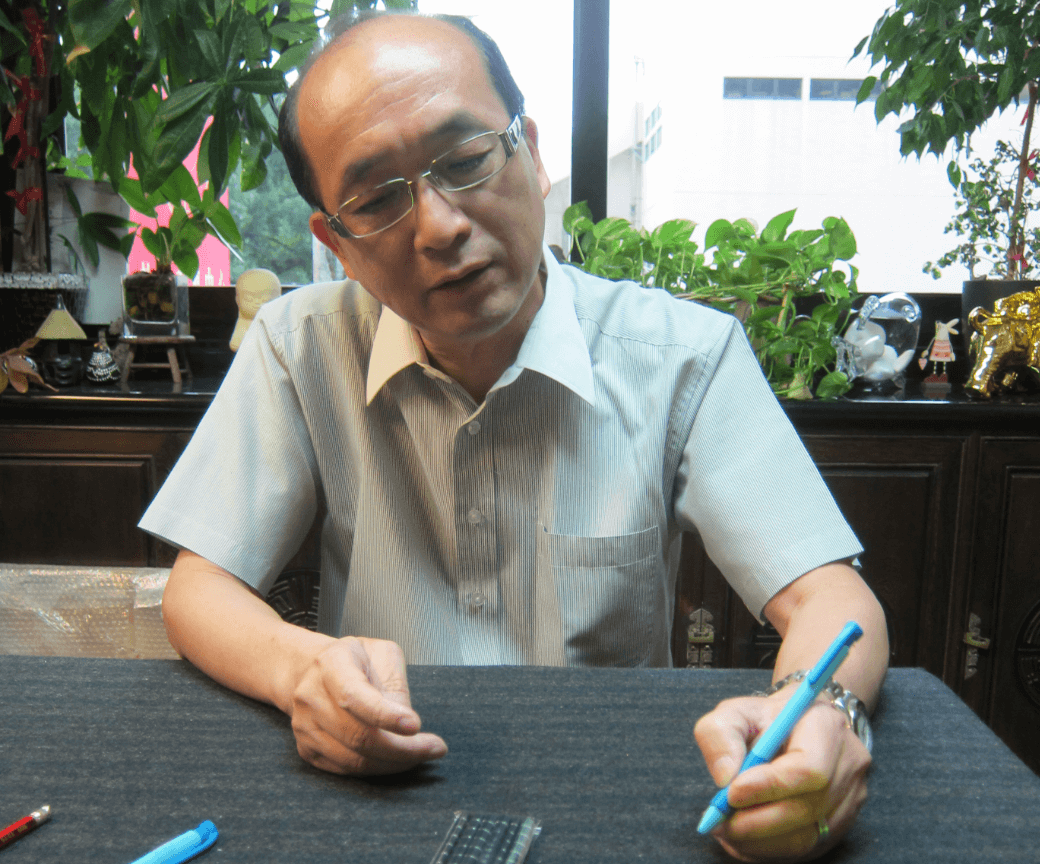Left-handers are not stupid
- 2013-11-15
The world has become more tolerant of left-handers, but the pressure on them to change their dominant hand remains in a world designed for right-handers
Mr Allan Zeman, a left-hander, still remembers how his mother tried to force him to become a right-hander when he was young, at a time when left-handers were often regarded as freaks, if not downright stupid.
"She tried to change me but I was stubborn," said Mr Zeman, founder of the Lan Kwai Fong entertainment district and one of Hong Kong's most successful businessmen renowned for his creativity and strategic sense.
Despite the inconveniences in his daily life, he still insists on using his left hand in a world dominated by right-handers.
"Live in the way you are born to be," he said, adding that it is unnecessary and unnatural for one to change to fit the social norm.
By now, the world has become a lot more accommodating of left-handers, who are being hailed as possessing certain desirable skills that are less commonly found among right-handers.
Indeed, a study by the University of Athens this year has found that left-handers demonstrate faster and more accurate spatial skills, stronger executive control and better working memory.
Mr Zeman said he would not attribute his success to his left-handedness. Instead, it was his determination to stay the way he felt things should be, rather than changing course in the face of disagreements, that counted, he said.
Still, in a world in which things are designed for the 90 per cent of the population who are right-handers, the pressure on left-handers conform with the majority remains strong.
Mr Lui Chiu-wing, chairman of the Hong Kong Hard Pen Calligraphists' Association, is a left-hander, but he is in the business of helping left-handed kids switch to writing with their right hands by using specially designed pens.
Although Mr Lui's lessons are costly, parents are willing to send their kids to his classes. This is because themselves and the kids' teachers, most of whom are right-handers, find it hard to help the children learn writing and are concerned it might hold the kids back.
"It is not a must to force kids to change their dominant hand completely. There are cases of people writing English with their left hands and Chinese with their right hands." Mr Lui said.
For example, the champion of The Hong Kong School Chinese Penmanship Competition was a left-hander, he said.
Ms Winnie Chan Yee-fun, Senior Occupational Therapist at the Morrison Hill Child Development Centre, advises parents not to change their children's dominant hand as that might threaten their growth.
"Changing one's dominant hand might arouse developmental obstacles such as speech and sleeping problems because children will face stress in the process," she said.
Ms Chan added that children might also encounter laterality and motor planning confusion from activities involving bilateral coordination, which could lead to reading, writing and learning difficulties.
Although research had proved that left-handers were not different from right-handers, the cultural belief that they did might be difficult to change, she said.
Most importantly, children's developments had to be based on the need of the children rather than social pressure. "If children really resist the change, better keep it natural," said Ms Chan.
Reported by Alice Wan
Edited by Cleo Tse
Photo credit to Morrison Hill Child Development Centre of Hong Kong Christian Service
《The Young Reporter》
The Young Reporter (TYR) started as a newspaper in 1969. Today, it is published across multiple media platforms and updated constantly to bring the latest news and analyses to its readers.

Punctured beauty

A Gender Dilemma (Amended)





Comments